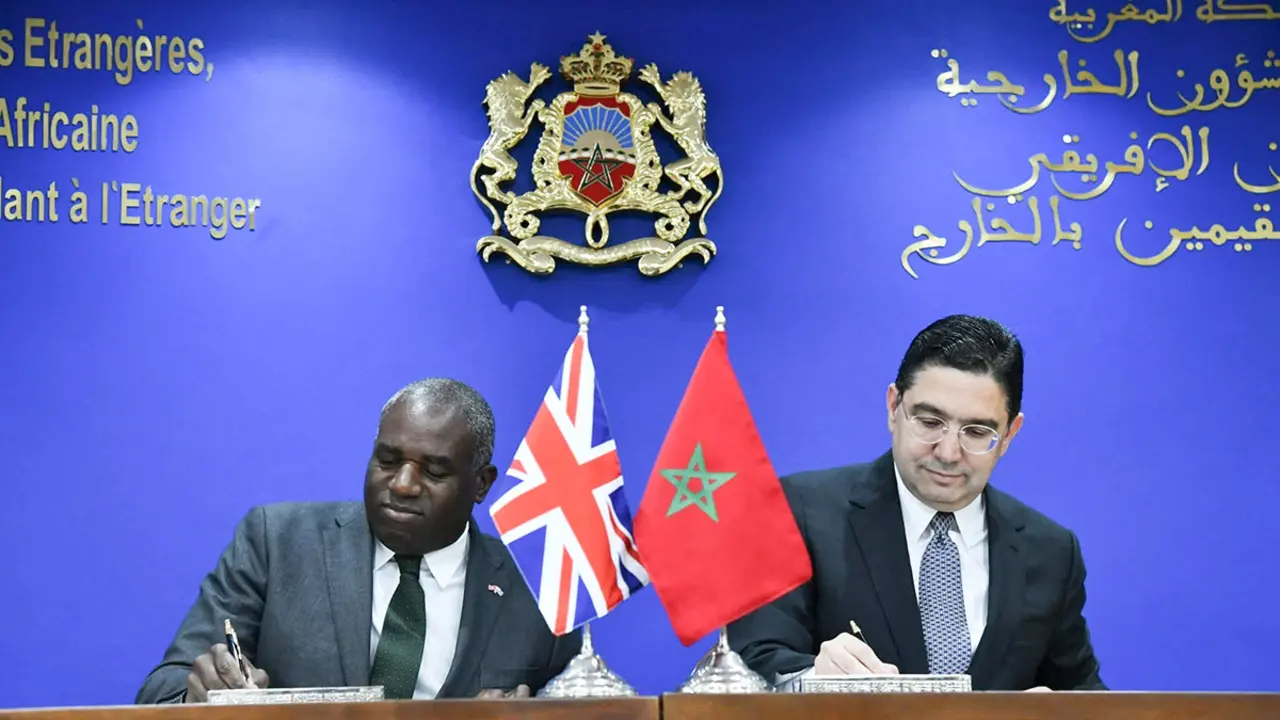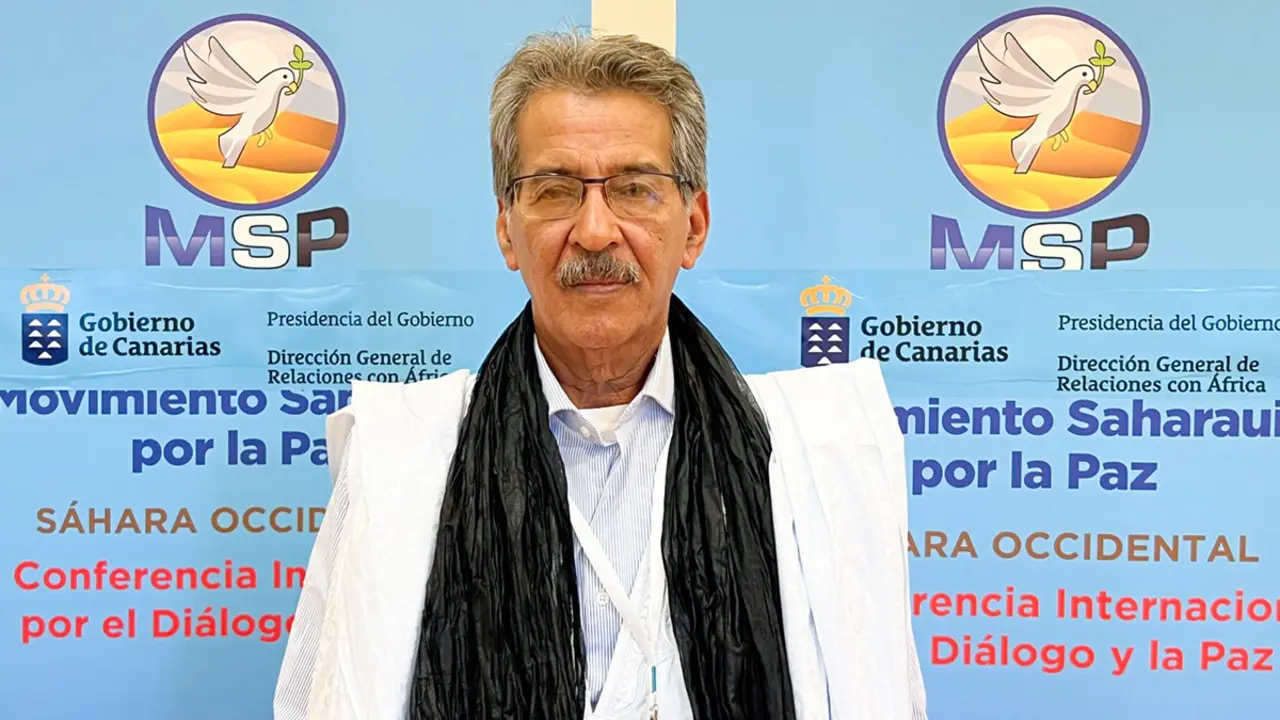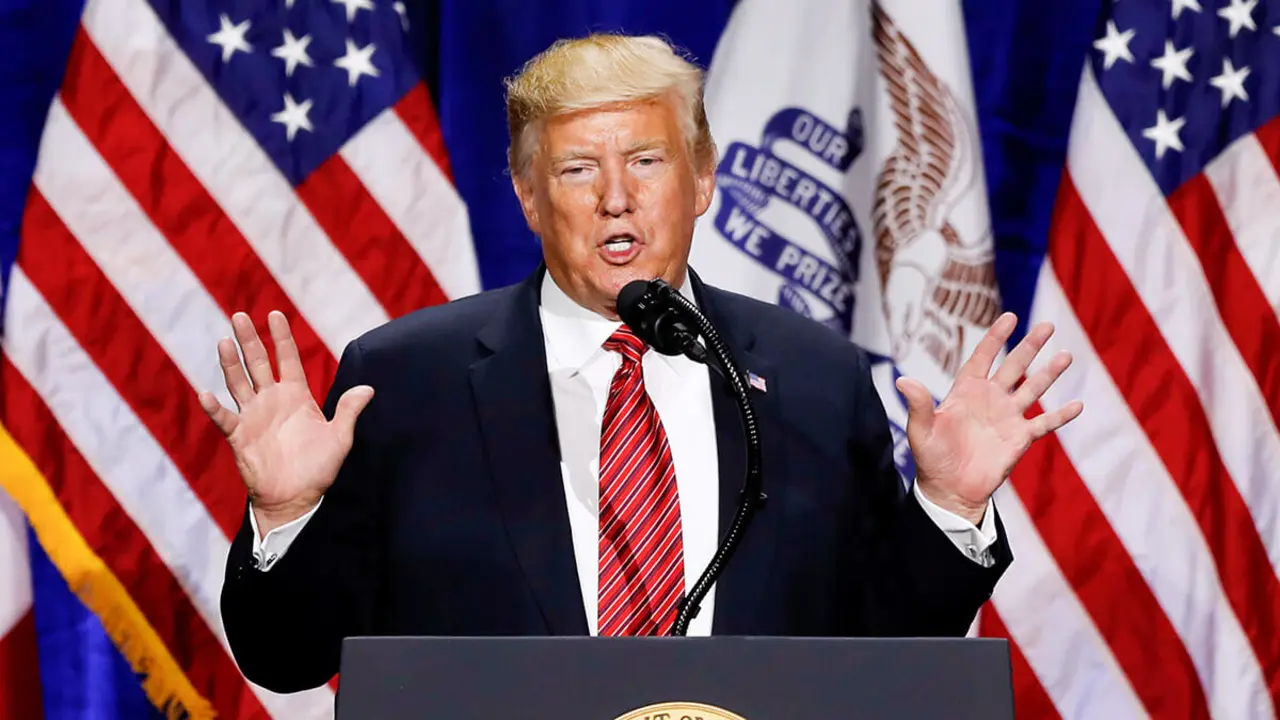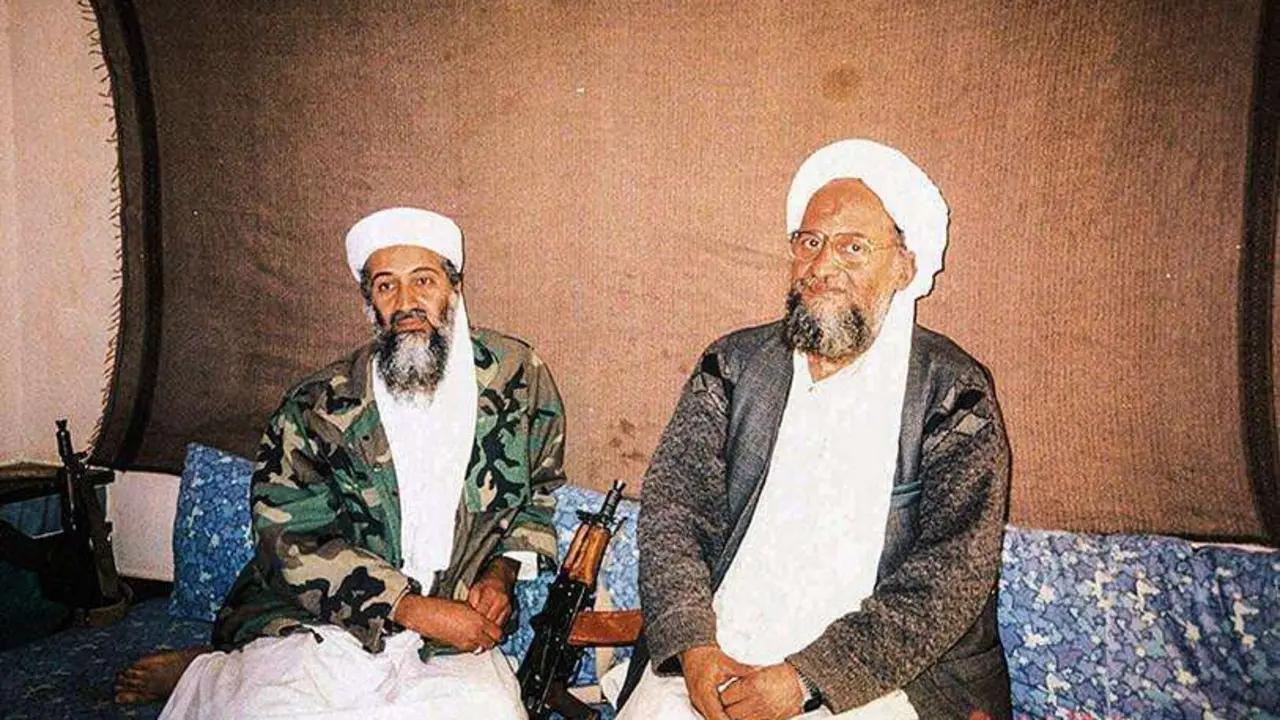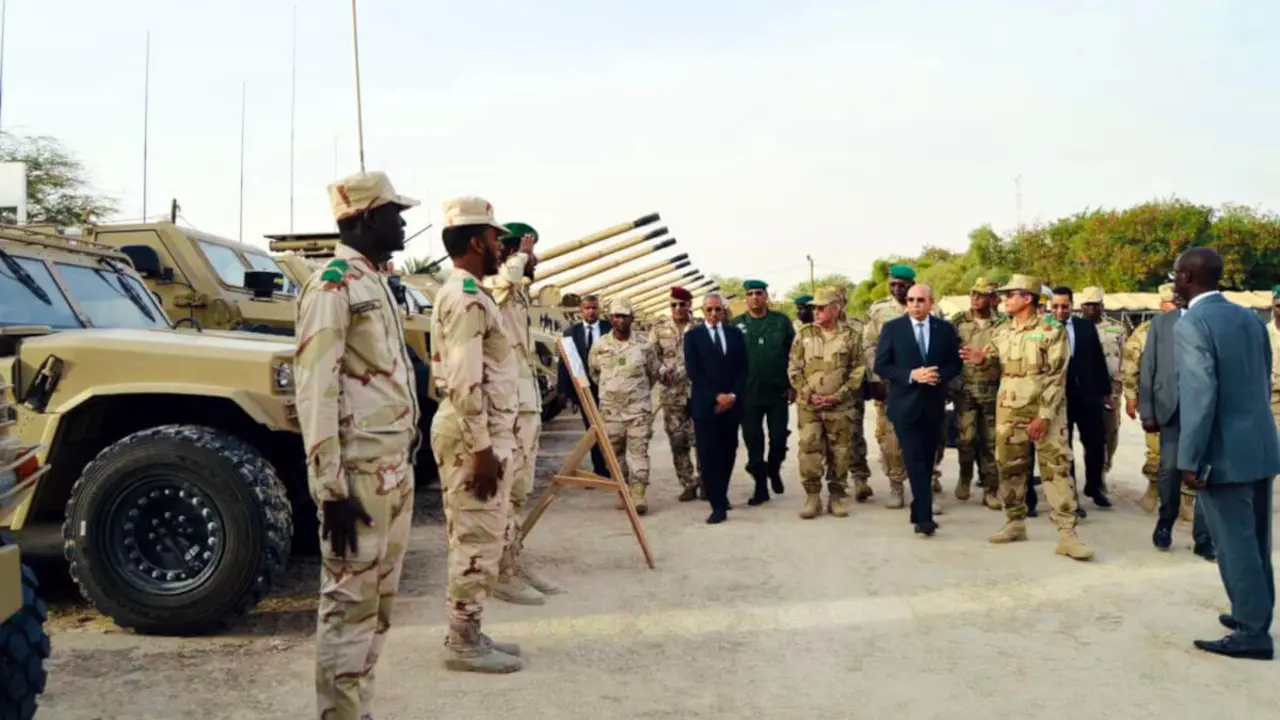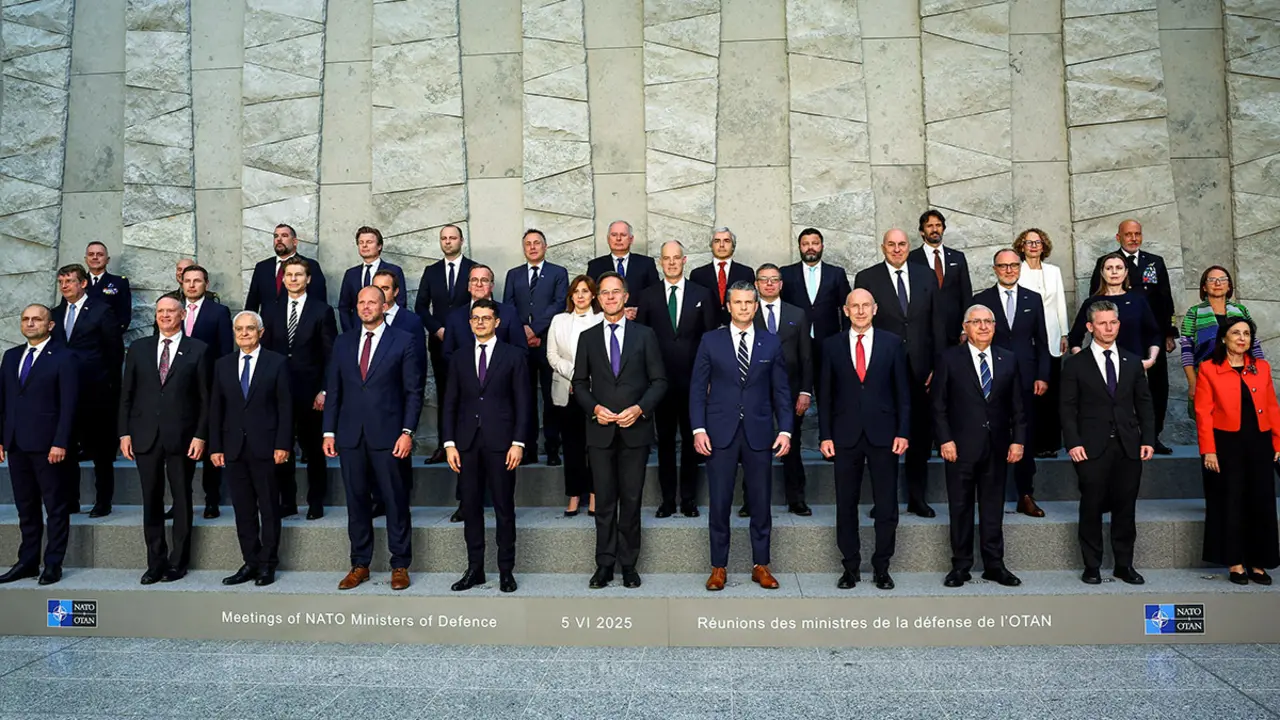Death toll in Equatorial Guinea blasts exceeds 100 people

Last Sunday, 7 March, a series of explosions took place in the military camp in the area of the Nkuantoma barracks, in the city of Bata, in the north-west of Equatorial Guinea. The death toll could not be estimated at first, as the Ministry of Health and Social Welfare said on its Twitter account: "It is estimated that there have been deaths and many missing under the rubble. The total number of dead is unknown so far". Days later, according to the same ministry, the death toll from the four bombs that exploded in the military camp is said to have risen to 105 dead and 615 injured. However, according to some citizens interviewed, in view of the dead bodies, the figure could be much higher. Rescue operations are still active over the Bata region in search of possible victims. Several buildings in the Nkuantoma barracks and even some of the neighbouring buildings have been leveled by the explosions.
Non-governmental organisations such as Human Rights Watch (HRW) and EG Justice have called for an investigation to clarify the motives behind the explosions as they believe that "the actual number of casualties is much higher". They have even attacked the country's president, Teodoro Obiang, who they believe "has installed family members in key positions, which they have used to amass huge fortunes from the country's oil wealth, while the vast majority of the population lives in poverty". An attack on Equatorial Guinea's top policy-maker, whose government institutions, they say "lack independence, transparency and adherence to the rule of law".

Both NGOs have urged the African Union and the rest of the international community to get involved in investigating the incident because of the unreliability of the Guinean government. President Obiang argues that it is due to "the negligence and carelessness of the unit in charge of the care and protection of the dynamite and explosives depots annexed to the ammunition depot of the military barracks". However, the organisations want to know why the military is storing explosives in locations close to residential areas: "Equatoguineans deserve to know why the military is storing explosives in the middle of a populated area, if there are other substances stored that represent an imminent public danger and what the government is doing to prevent another similar explosion in the future".

Since Equatorial Guinea's independence from Spain on 12 October 1968, it is considered by several human rights organisations to be one of the most repressive countries in the world. The Malabo regime has several accusations of torture, arrests of dissidents, allegations of electoral fraud and a long list of other cases that the government of Teodoro Obiang has not been able to justify.

The 78-year-old leader has ruled Equatorial Guinea since 1979, after a coup d'état against his uncle, Francisco Macías Nguema. The change did not bring about any change beyond the image of a new dictator in office, which to this day is still not considered by many to be a full democracy. It is worth noting that Obiang is currently the longest serving president of any country on the planet. Despite the fact that during the Franco regime - when Equatorial Guinea gained its independence - the country obtained a constitution and a democratic system, 50 years have not been enough to regularise the situation of a state that is still mired in repression. And it is not because of the poverty they have in Equatorial Guinea, as they are the African country with the highest per capita income on the continent. They have deservedly earned the nickname "African Switzerland".


